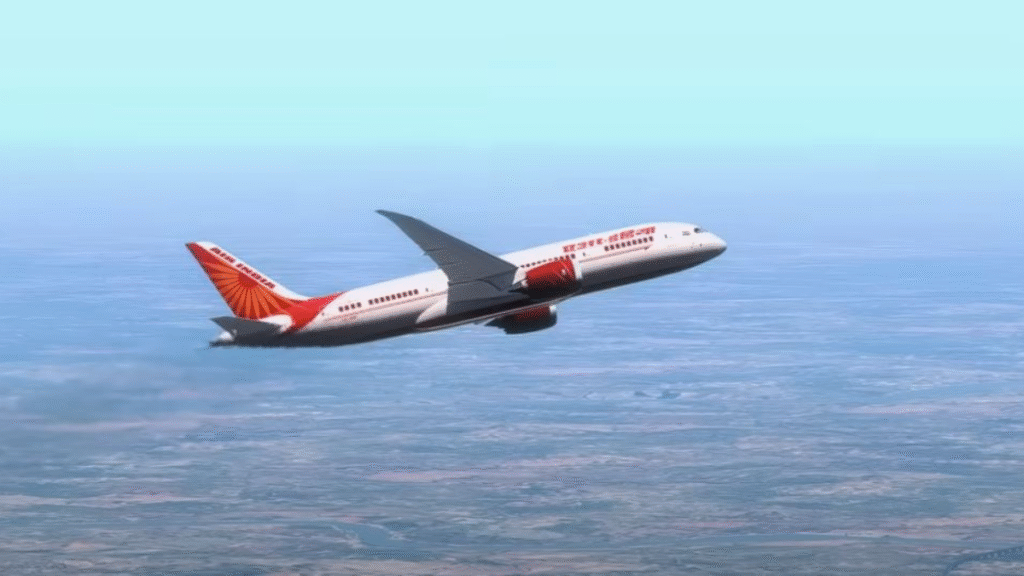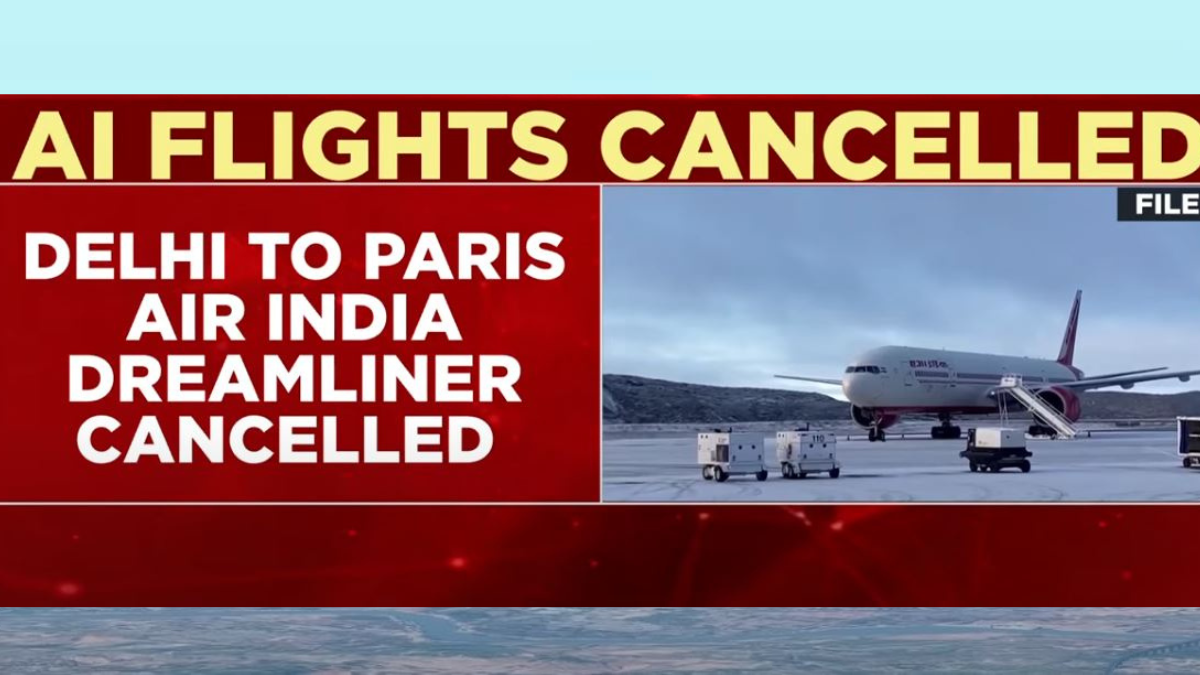On June 17, 2025, Air India Flight AI 143, scheduled to depart from Delhi to Paris was abruptly canceled following the discovery of a technical issue during pre-flight checks. This incident is part of a series of disruptions affecting the airline’s operations, raising concerns among travelers and industry observers alike.The search results confirm that Air India Flight AI 143 from Delhi to Paris was indeed cancelled recently, specifically on June 17, 2025. The primary reason cited by Air India was an “issue” identified during mandatory pre-flight checks. A significant contributing factor to the cancellation was also the restrictions on night-time operations at Paris Charles de Gaulle (CDG) airport. Due to the time required to address the identified issue, the flight would have violated these night operation restrictions, leading to its cancellation.
Consequently, the return flight, AI 142 from Paris to Delhi, scheduled for June 18, 2025, was also cancelled. Air India has stated they are providing hotel accommodation and offering full refunds or complimentary rescheduling to affected passengers.This cancellation is part of a larger series of disruptions impacting Air India’s international flights, particularly those operated by the Boeing 787-8 Dreamliner, following a recent fatal crash of an Air India Dreamliner (AI 171) in Ahmedabad on June 12, 2025. This has led to increased scrutiny and precautionary checks across the fleet. Some reports also specifically mention a “hydraulic leak” as the issue identified for AI 143, though the official statement from Air India broadly refers to an “issue.”
The Incident: Flight AI 143 Canceled
The cancellation of Flight AI 143 occurred after routine pre-flight inspections identified a technical issue that could not be resolved promptly. An Air India spokesperson stated, “The flight is subject to restrictions on night operations at Paris Charles de Gaulle (CDG) airport,” indicating that the timing of the cancellation was influenced by operational constraints at the destination airport. The airline expressed regret for the inconvenience caused and assured passengers that alternative arrangements were being made to ensure they reached their destination at the earliest. Additionally, hotel accommodations were provided and full refunds or complimentary rescheduling options were offered to affected passengers.
Broader Impact: Multiple Cancellations and Safety Concerns

The cancellation of Flight AI 143 is not an isolated incident. In the wake of a tragic crash involving an Air India Boeing 787-8 Dreamliner in Ahmedabad on June 12, which resulted in the loss of at least 270 lives, the Directorate General of Civil Aviation (DGCA) mandated comprehensive safety inspections across the airline’s fleet. These inspections have led to the grounding of several aircraft and the cancellation of multiple international flights, including routes to London, Vienna, and Dubai. While no major safety flaws have been identified in the 24 aircraft already inspected, the DGCA emphasized the need for stricter regulatory adherence and improved internal coordination and maintenance efforts.
Passenger Experience: Inconvenience and Uncertainty
For passengers, the cancellations have resulted in significant inconvenience. Many travelers have faced extended delays, with some experiencing waits of over 80 hours due to flight cancellations and diversions. In one instance, passengers on a Paris-Delhi flight were diverted to Jaipur due to bad weather and were subsequently transported by road to Delhi, leading to further frustration among travelers.
Airline’s Response: Commitment to Safety and Customer Service
In response to the disruptions, Air India has reiterated its commitment to passenger safety and service. The airline has implemented a buddy system for pilots to provide mutual support, especially in the wake of the recent crash. Additionally, the airline is conducting intensive medical evaluations for affected crew members to ensure their well-being and readiness for duty.
Looking Ahead: Restoring Confidence and Operational Stability
As investigations into the Ahmedabad crash continue, Air India faces the dual challenge of addressing immediate operational disruptions and restoring public confidence in its services. The airline’s recent acquisition by Tata Group presents an opportunity for revitalization, with significant investments planned in fleet modernization, staff training and customer service enhancements. However, the path to recovery will require transparent communication, rigorous safety standards and a renewed focus on operational excellence to reassure passengers and stakeholders alike.
